Ethical Principles in the Practice of Maryland Mental Health Professionals – ALLAN M. TEPPER (Digital Seminar)
Description:
This intermediate level program focuses on ethical, legal, statutory or regulatory policies, guidelines and standards that impact psychological practice and explores the manner by which clinical and ethical issues affect the everyday practice of the mental health professional in Maryland.
A licensed and practicing psychologist and attorney, Dr. Allan Tepper’s blend of clinical and legal experience allows for a deeper understanding and interpretation of the rules that govern mental health practice in Maryland and allows the attendee to identify specific state laws that affect and govern their practice. Through lecture, real case examples, a review of references including the APA Ethical Principles of Psychologists and Code of Conduct and the seminar manual with state specific policies and regulations; clinicians attending the course will be able to write policies for their practice, explain the content of medical records requirements and analyze their practice’s compliance with state specific ethical and legal requirements. This course will help the practicing clinician to evaluate their record keeping practices and determine which notes and documents are required for medical records to be compliant. Finally, attendees will discuss the provider’s responsibilities related to confidentiality and duty to warn with both adult and minor populations.
Outline:
Understand the Legal System
- Statutes
- Rules and Regulations
- Case law
- Finding the law
Legal Exposure
- Criminal liability
- Civil liability
- Licensing complaints
- Organization complaints
Establish the Treatment Relationship
- The professional relationship
- The legal and ethical principle of informed consent
- Informed consent as part of the treatment modality
- Use of and reliance upon written consent forms
Record-Keeping Practices
- Record-keeping regulations
- Items which constitute the record, personal notes vs. charting, raw data, computer printouts and third-party records
- Access to records by written requests, subpoenas and court orders
The Ethics of Duty to Warn
- Duty to warn potential third-party victims
- Review of specific Maryland case law governing danger to others
- A clinical approach to the duty to protect
Treatment of Minors
- Age of majority
- Consent to treatment and access to records
- Clinical implications in the treatment of the older adolescent
- Treatment of minors in situations of family separation and divorce
Non-Sexual Boundary Violations
- Email correspondence and cell phone contacts
- Treatment vs. advocacy for patients
- Professional contacts with attorneys and the legal profession
- In-court expert testimony
NLP online course
So what is NLP?
NLP stands for Neuro-Linguistic Programming. Neuro refers to your neurology;
Linguistic refers to language; programming refers to how that neural language functions.
In other words, learning NLP is like learning the language of your own mind!
NLP is the study of excellent communication–both with yourself, and with others.
It was developed by modeling excellent communicators and therapists who got results with their clients.
NLP is a set of tools and techniques, but it is so much more than that.
It is an attitude and a methodology of knowing how to achieve your goals and get results
Preview Information:
Original Page
Archive Page
More Course: NLP – HYPNOSIS – PHILOSOPHY
Outstanding Course:World Wide Transformation Summit 2016


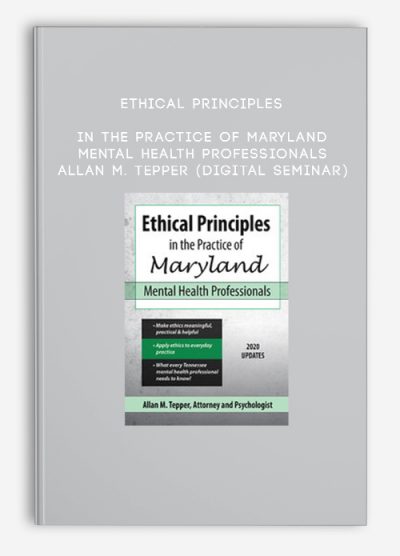
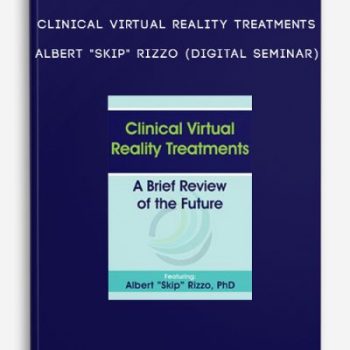
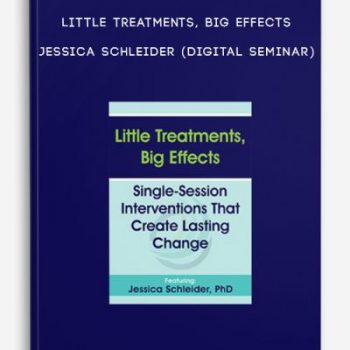
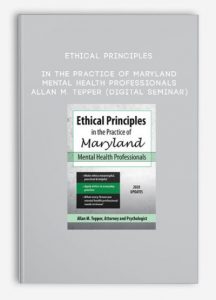





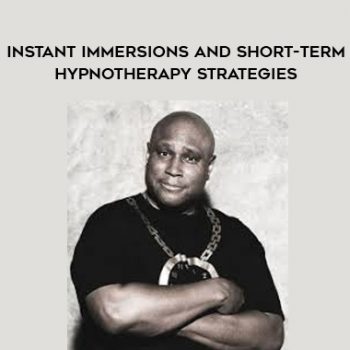


Lord –
This is Digital Download service, the course is available at Vincourse.com and Email download delivery.